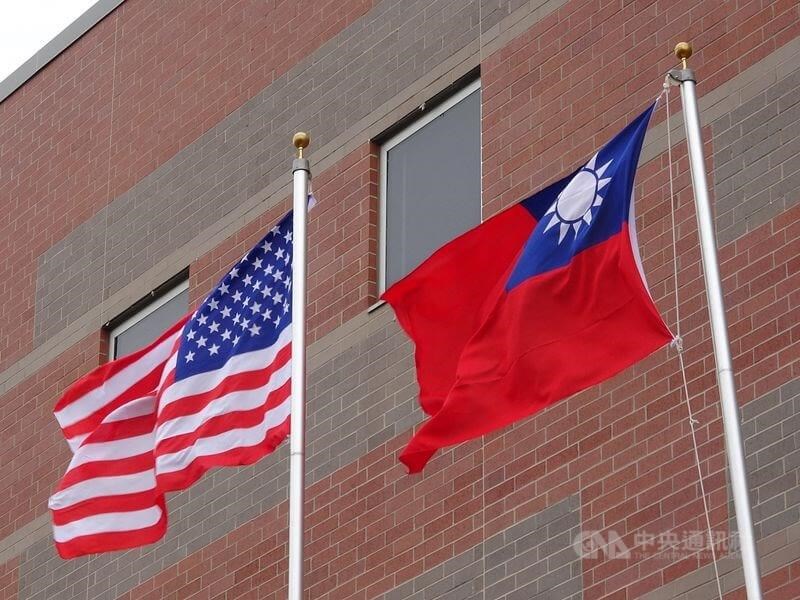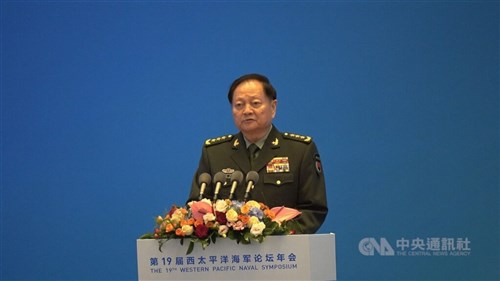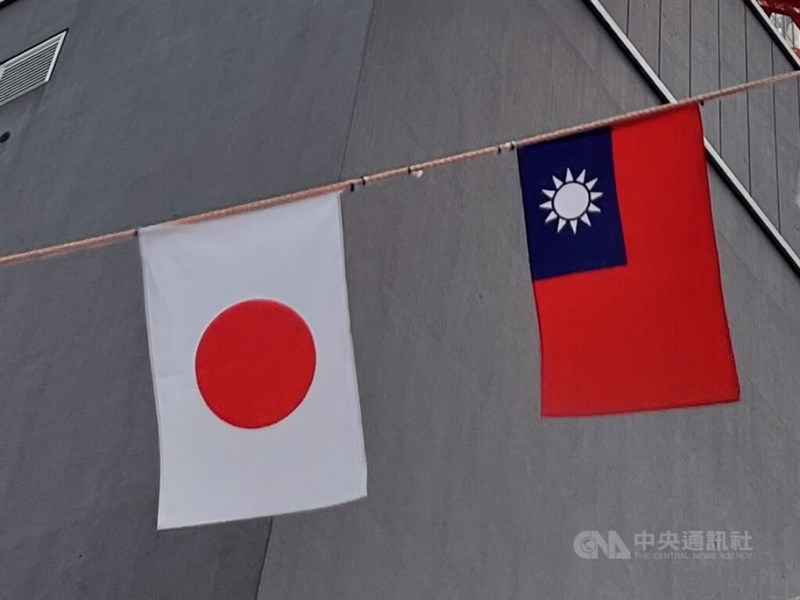ANALYSIS / Taiwan faces pressure to boost military spending after Trump win: Experts
11/06/2024 11:03 PM
With Donald Trump set to return to the White House next year, Taiwanese scholars said his administration will maintain strong support for Taiwan but will also pressure the country to shoulder more responsibility for its self-defense and boost military expenditure.
(Full text of the story is now in CNA English news archive. To view the full story, you will need to be a subscribed member of the CNA archive. To subscribe, please read here.)
More in ANALYSIS
-
![U.S. policy unchanged despite Taiwan omission in defense strategy: Analysts]() U.S. policy unchanged despite Taiwan omission in defense strategy: AnalystsThe absence of Taiwan in the Pentagon's recently released 2026 National Defense Strategy (NDS) has raised concerns about the United States' commitment to the island nation's defense.02/07/2026 04:31 PM
U.S. policy unchanged despite Taiwan omission in defense strategy: AnalystsThe absence of Taiwan in the Pentagon's recently released 2026 National Defense Strategy (NDS) has raised concerns about the United States' commitment to the island nation's defense.02/07/2026 04:31 PM -
![Xi's military purge raises Taiwan miscalculation risk: Experts]() Xi's military purge raises Taiwan miscalculation risk: ExpertsChinese President Xi Jinping's (習近平) ongoing purge of senior military leaders, most recently targeting top general Zhang Youxia (張又俠), could help him consolidate power and potentially increase the risk of strategic miscalculation over Taiwan, according to experts.01/27/2026 09:31 PM
Xi's military purge raises Taiwan miscalculation risk: ExpertsChinese President Xi Jinping's (習近平) ongoing purge of senior military leaders, most recently targeting top general Zhang Youxia (張又俠), could help him consolidate power and potentially increase the risk of strategic miscalculation over Taiwan, according to experts.01/27/2026 09:31 PM -
![Japan vote a 'high-stakes gamble' of importance to Taiwan: Experts]() Japan vote a 'high-stakes gamble' of importance to Taiwan: ExpertsWidely seen as the most Taiwan-friendly Japanese prime minister since Shinzo Abe, Sakae Takaichi dissolved the House of Representatives on Friday three months after taking office, setting the stage for a snap election on Feb. 8 as she attempts to consolidate her leadership.01/24/2026 05:55 PM
Japan vote a 'high-stakes gamble' of importance to Taiwan: ExpertsWidely seen as the most Taiwan-friendly Japanese prime minister since Shinzo Abe, Sakae Takaichi dissolved the House of Representatives on Friday three months after taking office, setting the stage for a snap election on Feb. 8 as she attempts to consolidate her leadership.01/24/2026 05:55 PM
Latest
-
Society
Taipei restaurant ordered to close after diners fall ill
02/18/2026 11:25 PM -
Politics
Lai congratulates Takaichi on reelection as Japan PM
02/18/2026 10:09 PM -
Politics
NGO calls for overseas missions to use 'Taiwan' instead of 'Taipei'
02/18/2026 07:49 PM -
Society
Temperatures to rise Thursday as cold air weakens
02/18/2026 07:29 PM -
Politics
Calls for Six Assurances law after Trump Taiwan arms comments
02/18/2026 07:16 PM


